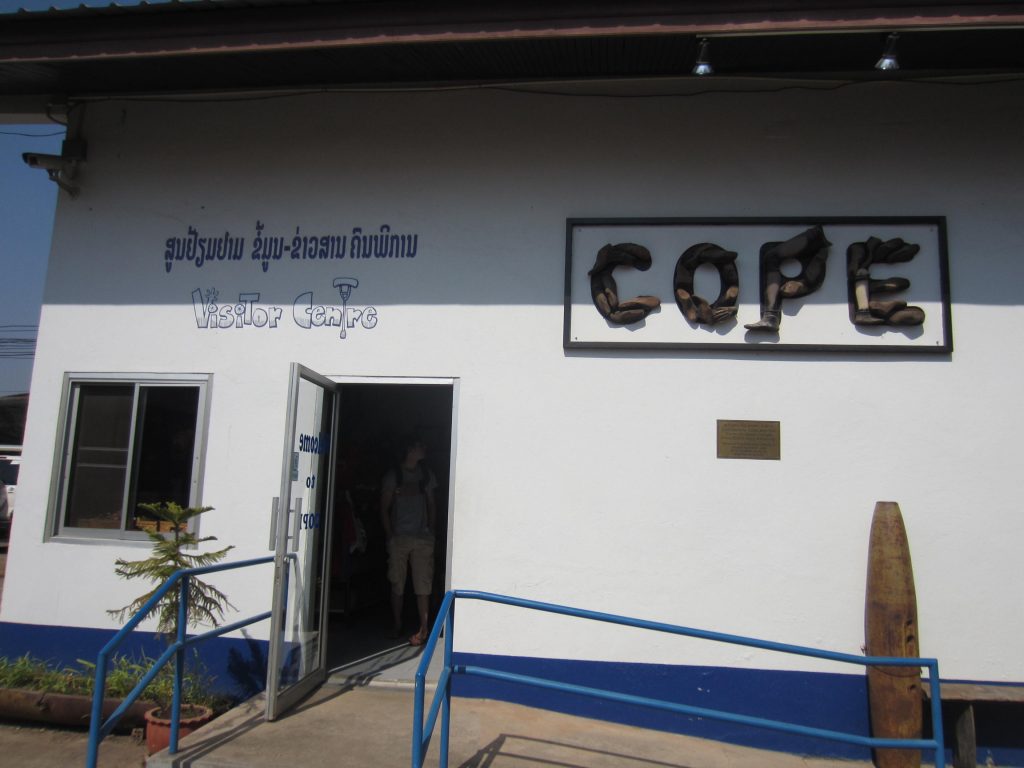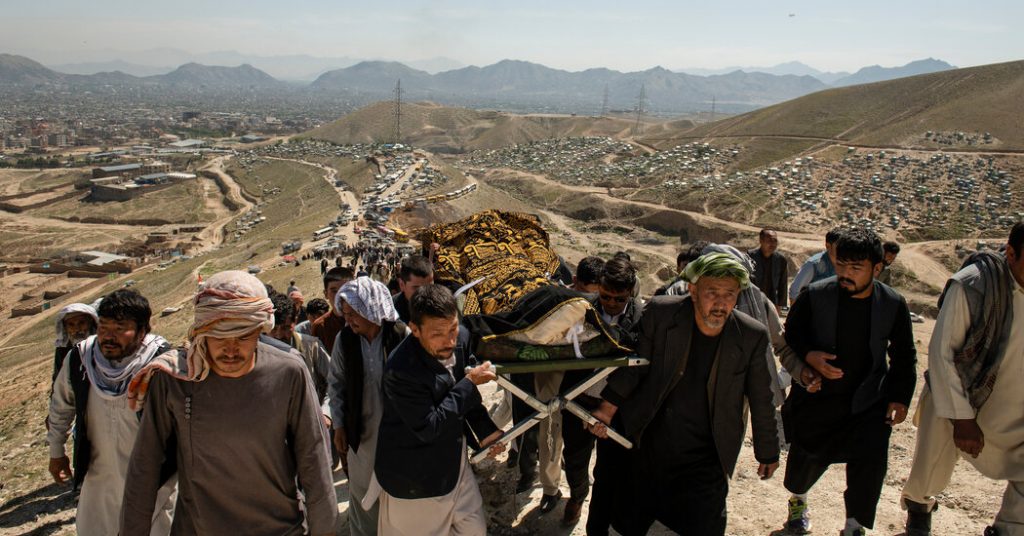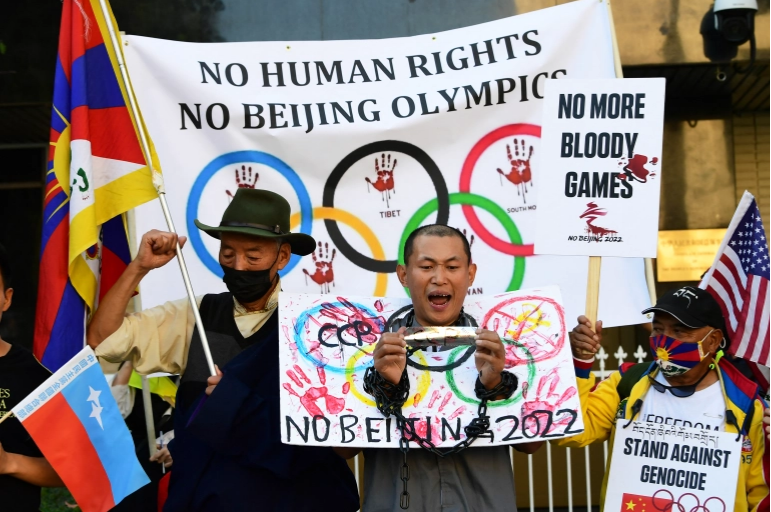On January 17, 2022, the book The Betrayal of Anne Frank by Rosemary Sullivan was published in a worldwide media campaign. In it, a self-proclaimed “Cold Case Team” identifies a new prime suspect in the alleged betrayal of Anne Frank and her seven housemates of the Secret Annex. Very soon after initial news reports faithfully reported on the team’s findings, a strong backlash arose from historians and others criticizing the study and its firm conclusion, based on empirical, epistemological, and moral grounds. To understand both the book’s findings and the criticism of them, it is necessary to outline the unique circumstances of this book and its research.
Before I visited Laos, I knew little about the country and its history. My sister had recommended I go for its natural beauty and laid-back tourist atmosphere. While visiting the capital city, Vientiane, I passed by a few humble buildings, tucked away from the roadside: the COPE Center. Intrigued, I paid a visit.

For anyone caring about ending mass violence, memorialization, reparations, and the role of civil society in democratization, the closing down of Russia’s Memorial International and its sister organization the Memorial Human Rights Center by the Russian Supreme Court in late December 2021 is cause for mourning. These are concerns, which the University of Minnesota’s Holocaust and Genocide Studies Center has promoted unstintingly.
Since 1989, the two Russian NGOs have accumulated impressive archives documenting human rights abuses during the Soviet era, advocated for reparations to survivors, and defended human right svictims in conflict zones, in and around modern Russia, as well as the rights of minorities such as LGBTQ Russians.[1] Having played a major part in the ongoing efforts to democratize Russia, they have vowed to fight the closing down of their activities in court and to pursue their work. So far, their homepages are being updated regularly and accept gifts from overseas.[2] The US media covered the news; and petitions of protest are circulating.[3] But rumors of a pending Russian invasion of Ukraine soon distracted minds.[4]
January 27th marks International Holocaust Remembrance Day, the date on which the Red Army liberated Auschwitz in 1945. Although a monumental moment in the history of the Second World War, the war itself did not end in Europe until May, and globally the death and destruction continued in the Pacific theater until August of that year. This simple reminder of the war’s timeline illustrates the ways Holocaust, which did not end on January 27th with the liberation of Auschwitz, is difficult to confine to a set of dates within the larger sequence of global events.
In the Center’s collections are photographs taken for the UNRRA by Maxine Rude. Rude, originally from southwestern Wisconsin, traveled throughout Europe while on assignment to document the plight of “Displaced Persons” (DPs) living in allied-run DP-Camps. The images include a variety of subjects, from refugees working in trades they occupied prior to the war (or newly learned at some point in the interim), to Jewish war orphans looking after other vulnerable children. One takeaway from these images, is the lack of certainty many faced for years following the war’s end. Liberation might have occurred abruptly, but normalcy and stability did not. Jewish DPs languished for years before receiving entry visas, or the ability to enter the British Mandate of Palestine. Many non-Jewish DP’s were “repatriated” nationals with newly-drawn borders in Eastern Europe, where they faced uncertain fates. As we mark this important day in the history of genocide, we remind ourselves of the provisional nature of liberation.
Flying the wrong flag can get you a lot of flak and usually from the wrong folk. Which is what French President Emmanuel Macron found out earlier this month when he had the flag of the European Union raised—blue with a circle of golden stars—in place of the French tricolor to mark France’s turn at the rotating EU presidency. Given the hysterical, mouth-foaming outrage of Macron’s conservative and rightwing rivals, it might as well have been the Union Jack of Boris Johnson’s Britain, France’s new-found favorite enemy.
On Monday, December 6, 2021, President Biden announced that not a single U.S. official would be sent to Beijing Winter Olympics this coming February. The U.S. has not boycotted the Olympic Games since the Moscow Games in 1980, so why now? The United States is taking a public stance by symbolically protesting the atrocities committed to the Uyghur Muslim minority in Northern China.
Eighty-nine years ago, a famine swept Ukraine, a result of intentional policies instituted by the Soviet government. A combination of confiscated harvests and the rejection of aid lead to the starvation of millions of Ukrainians (the exact number is still debated, as reflected in a graduate student panel hosted by CHGS last year). The name given to this man-made famine, Holodomor, means to kill by starvation.
Although recognized by several international organizations and several nations as genocide, including the United States since 1984, the Holodomor is still little understood, and even less taught in the U.S. In a survey CHGS conducted of educators, less than 6% of teachers had an understanding of the Holodomor, and even fewer included it in their classroom lessons. Much of the shroud surrounding the genocide can be attributed to secrecy implemented by the Soviet government; understanding and awareness were kept under wraps until the fall of the Iron Curtain and the collapse of the Soviet Union.
The Center has been busily promoting the work of Professor David Feinberg, who has retired from the Department of Art after an illustrious 50-year career. A retrospective of Feinberg’s work is currently on display at the Katherine E. Nash Gallery on the UMN West Bank Campus.
The works on display serve as important reminders, best summed up in Feinberg’s own words:
“All art comes from the unconscious. The unconscious makes connections between the past and the present. Truth has to be found, not contrived or preconceived. Seeking truth is the way to originality. The only true thing a person has is their unique perception of the world.”
The exhibition, Divide Up Those in Darkness from the Ones Who Walk in Light, consists of two collections: Voice to Vision and a collection of Feinberg’s earlier works. Upon walking into the gallery, one first sees several of these early pieces on display, encouraging visitors to immediately engage with an overarching theme of the retrospective: the role of art for the individual—not only to shape public consciousness but also larger arcs of history. Subjects of these early pieces include partisans active during World War II, the 1956 explosion at the Brooklyn piers, the wreck of the Edmund Fitzgerald, and the “Day the Music Died” to name a few.
The American Swedish Institute (ASI) current exhibit, “Rescuing Children on the Brink of War,” provides various accounts from those who, as children, were sent to various countries to escape Nazi persecution between late 1938 and September of 1939.
Originally a 2018 collaboration between the Yeshiva University Museum and Leo Baeck Institute (both located at the Center for Jewish History in Manhattan), the exhibition created an outpouring of public interest around the Kindertransport’s 80th anniversary and led to the donation of numerous items that have since ended up on companion sites.
After 20 years, the Taliban have returned to power in Kabul. Two decades of progress for women and human rights are certain to be completely demolished. One group, in particular, the Hazaras, are especially fearful for what the future holds.



